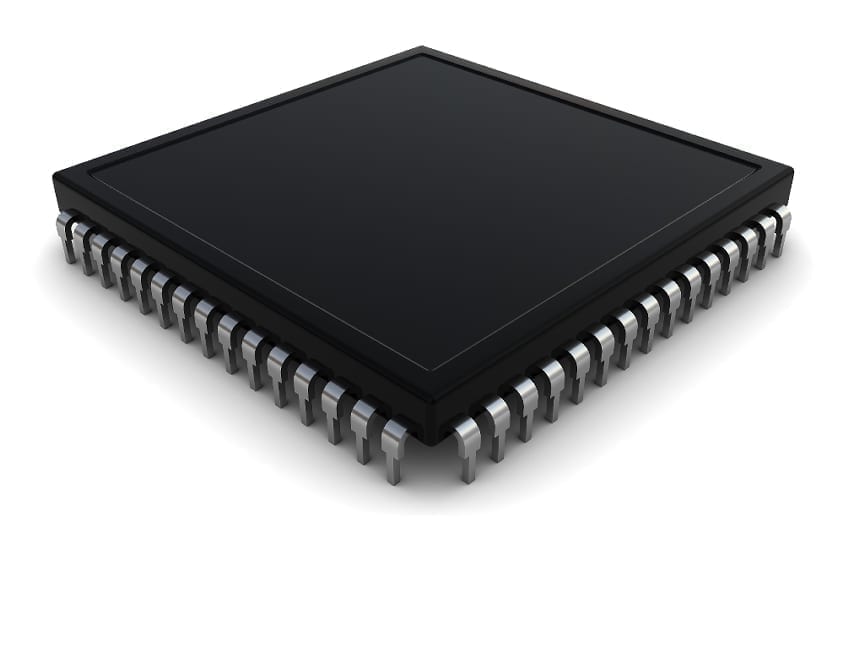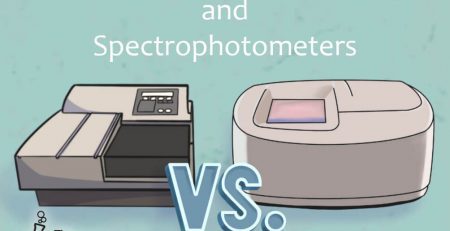University of Wisconsin-Madison Researchers Develop Biodegradable Computer Chip
Portable electronics are not only popular, but are forever being updated, which leads to an alarming amount of waste that is neither renewable, nor biodegradable, and potentially toxic. This un-environmentally friendly reality is what led a team of University of Wisconsin-Madison researchers to team up with the U.S. Department of Agriculture Forest Products Laboratory (FPL) to develop a semiconductor chip made almost entirely out of wood.
“The majority of material in a chip is support. We only use less than a couple of micrometers for everything else,” Zhenqiang “Jack” Ma said in a statement. “Now the chips are so safe you can put them in the forest and fungus will degrade it. They become as safe as fertilizer.”
Ma and his team of researchers aim to replace the support layer of a computer chip with cellulose nanofibril (CNF), a flexible, biodegradable material made from wood.
While arguments have been raised about the surface smoothness and thermal expansion of this wood-based device in an electronic setting, researchers ensure that an epoxy coating on the CNF surface would provide both a sufficient surface and moisture barrier. These eco-friendly chips also provide comparably service to existing chips which is great for the environment and consumers.














